
Donald Trump’s victory in the 2024 US presidential election means he is the first president to serve two non-consecutive terms since Grover Cleveland. Domestic economic concerns were the most important factor in his surprisingly decisive victory. However, the presidency has a global impact, and Israel is a key part of American foreign policy. This article will explore what a second Trump term may have in store for the region.
Why This Matters
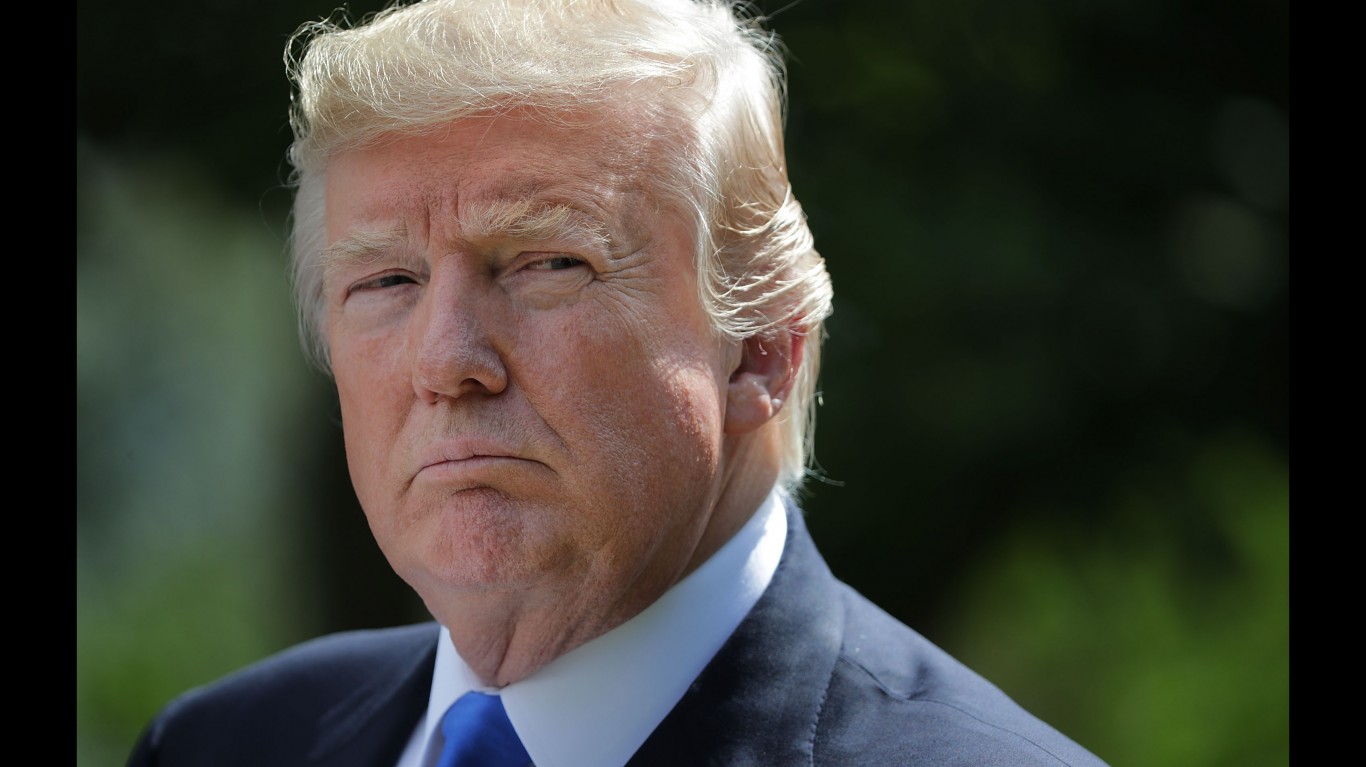
With the ongoing conflict in Gaza and wider regional operations, settling the future of the Middle East will be a tough task. The American public has chosen a candidate with a more insular, transactional view of foreign policy. How the incoming Trump administration handles Israel will have a huge bearing on other conflicts raging across the world.
Politics
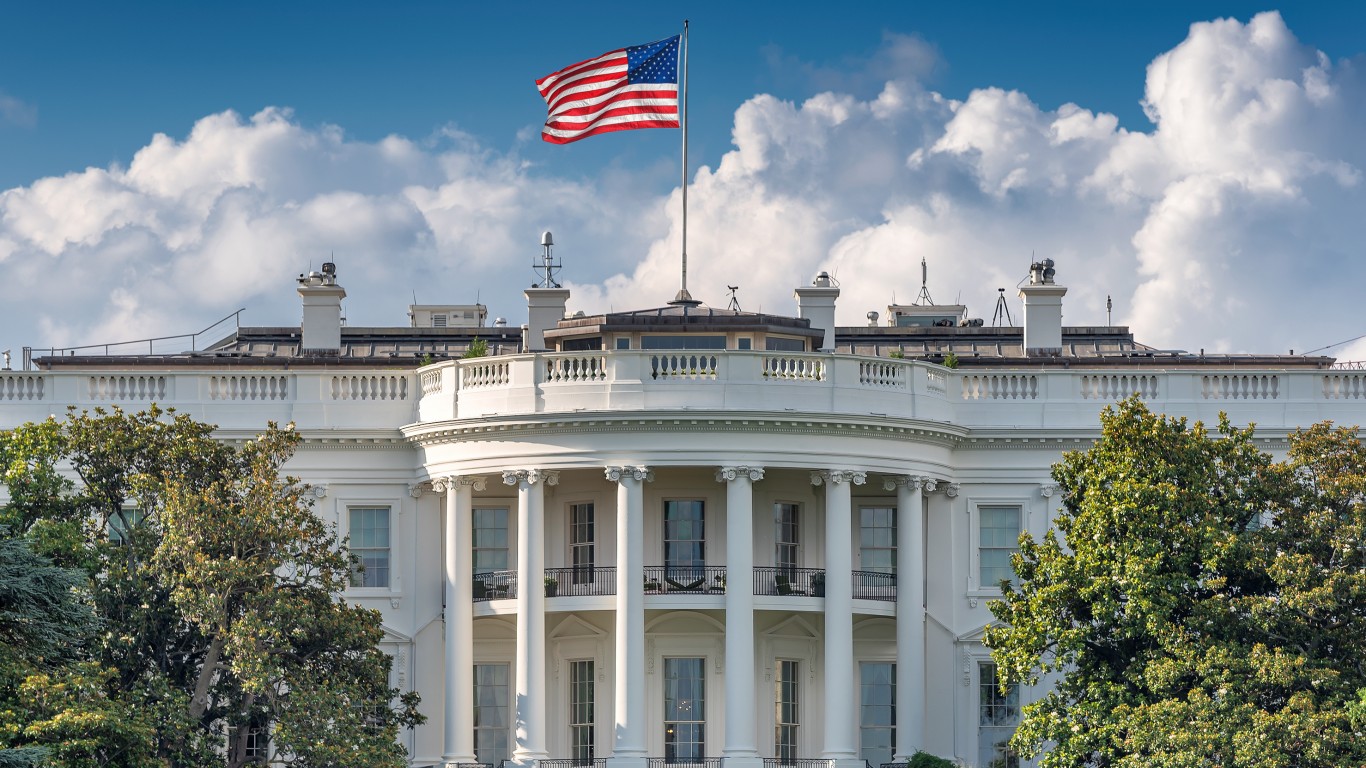
Another key outcome of the election is that Trump will take office with the government trifecta. The Senate flipped to the Republicans, and the 2026 midterms are very favorable to the right in the upper chamber. The GOP also retained control of the House of Representatives, albeit with a razor-thin majority. Trump struggled with the tedium of getting legislation through Congress in his first term and will probably have the same difficulties in his second.
However, support for Israel is one of the few remaining bastions of bipartisanship in American politics. Sending military aid to Israel is largely a formality; since October 7, 2023, the United States has sent almost $18 billion. This is very unlikely to change under Trump.
Trump and Israel: The First Term

Trump was one of the most pro-Israel presidents in American history. Settlements in the West Bank, a violation of international law according to the UN, have risen sharply and expanded since Trump first took office. His administration formally recognized the Golan Heights as part of Israel in 2019. The disputed territory was first annexed by Israel in 1981 after being occupied since 1967 but had no international recognition until Trump. Furthermore, he ordered the American embassy in Israel to move from Tel Aviv to Jerusalem, upending decades of established precedent in the process. He also withdrew from a nuclear deal with Iran brokered by the Obama administration.
The Abraham Accords were another key move by the Trump administration. From 2020-21 Bahrain, Morocco, Sudan, and the United Arab Emirates all normalized relations with Israel. The Biden administration attempted to build on these foundations by brokering talks between Saudi Arabia and Israel. However, the October 7 attacks derailed years of diplomatic efforts and left an uncertain future.
Trump outlined a controversial peace plan in 2020. The Trump proposal was a modified two-state solution that some critics said strongly favored Israel. Under the plan, Palestinian territory between Gaza and the West Bank would have been linked by a massive infrastructure plan to construct underground tunnels and overpasses.
Mike Huckabee
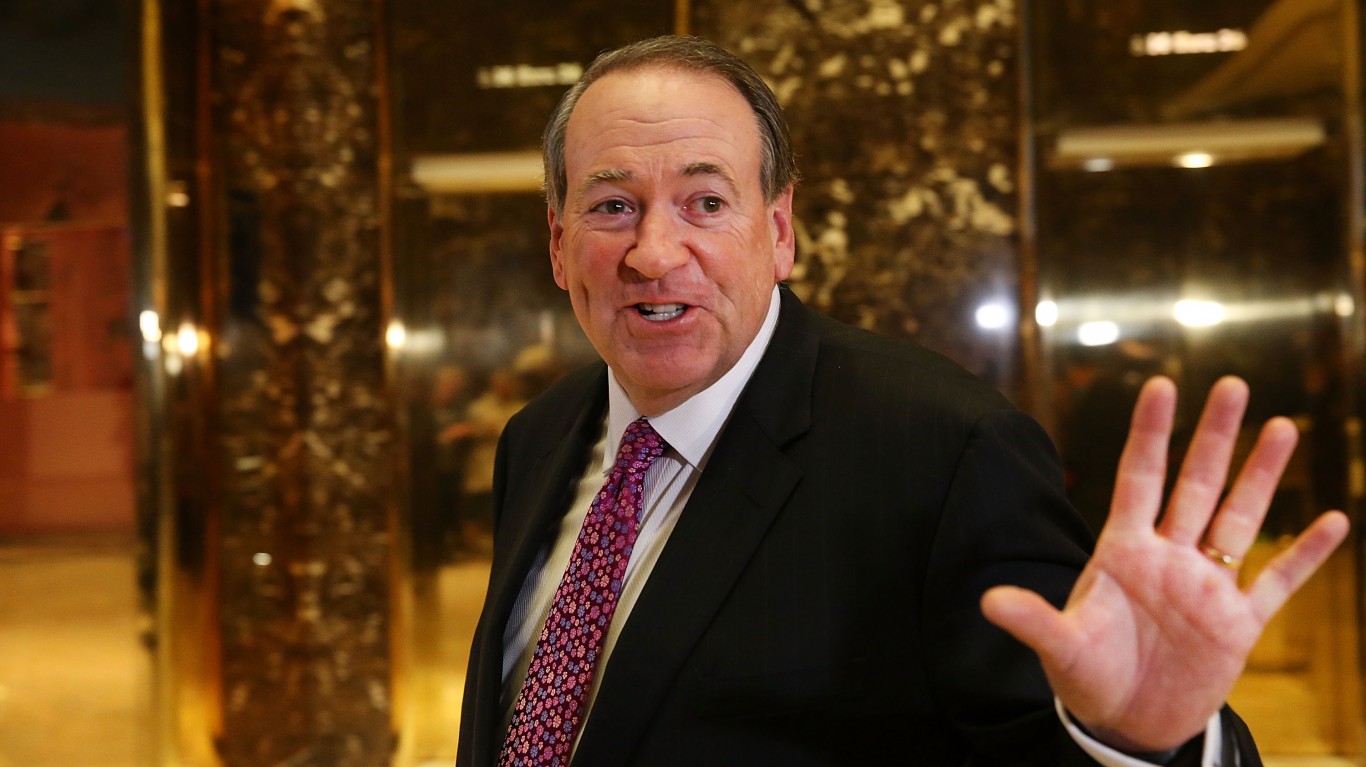
Donald Trump announced Mike Huckabee as his choice for Ambassador to Israel in November 2024. Huckabee is one of Israel’s strongest supporters in American politics; he is a self-described “unapologetic, unreformed Zionist.” The former governor of Arkansas claims to have visited Israel more than 100 times since his first trip as a teenager in the 1970s. He strongly opposes a two-state solution and supports Israeli settlements in the West Bank, which the UN says violates international law.
Choosing Huckabee as ambassador may be a signal for things to come. The Biden administration placed few restrictions on Israel’s war effort in Gaza; Trump will impose even less. Huckabee won’t form American policy toward Israel but will be in a key position to influence it.
Trump and Israel: The Second Term
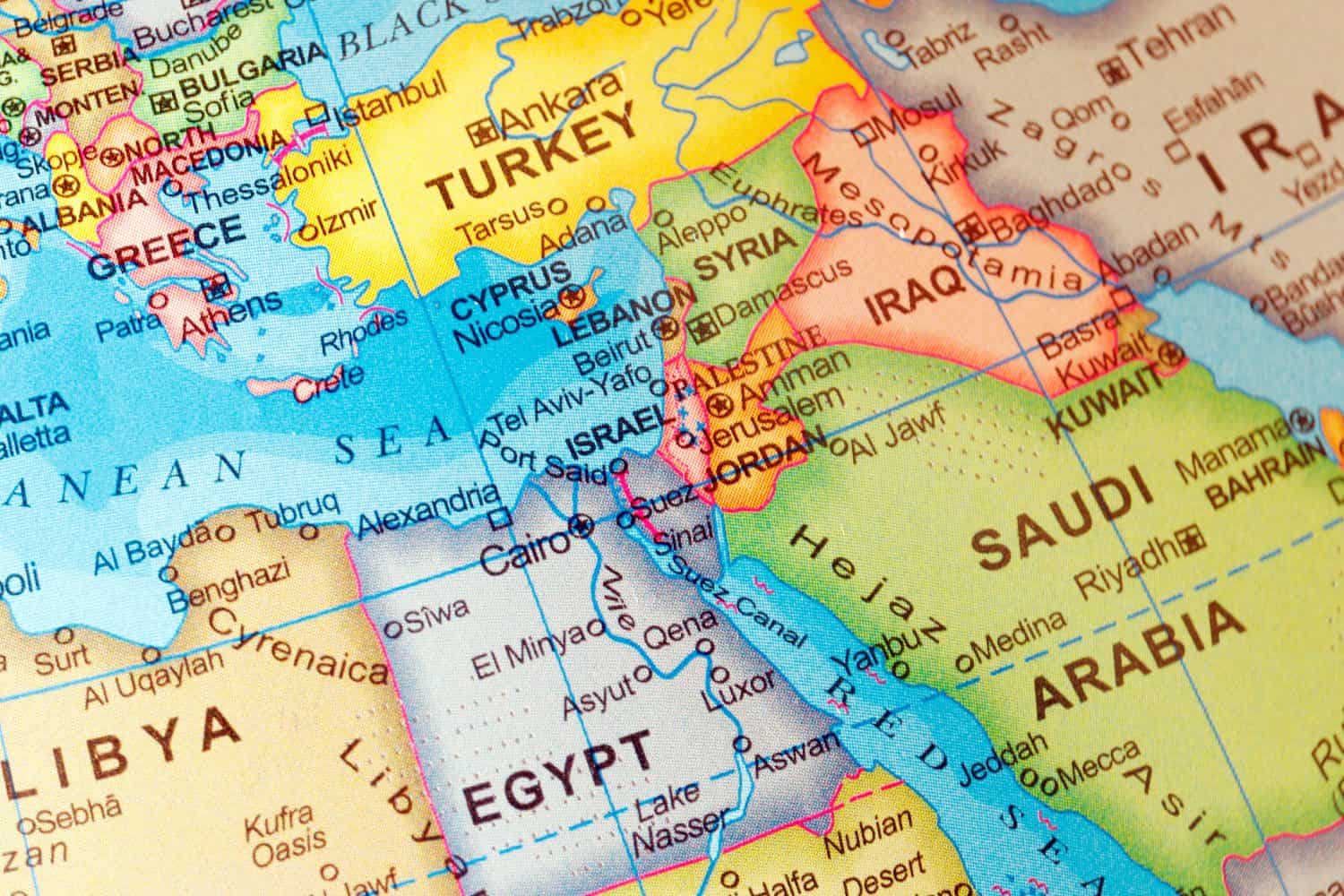
On the campaign trail, Trump often spoke of Israel’s need to “finish the job” in the war with Hamas. The remark’s ambiguity leaves it open to interpretation – it can be taken as giving Israel carte blanche to do whatever is deemed necessary, or it could be a sign that he wants the conflict to end quickly. Trump previously spoke of his ambition to deliver peace in 2016 in what he described as “the ultimate deal.” While some progress was made in stabilizing relations between Israel and some Arab states, the so-called ultimate deal proved elusive.
The landscape has shifted considerably in the near-decade since. The ongoing conflict with Hamas is teetering on the brink of escalating into a regional war. The right-wing government headed by Benjamin Netanyahu is adamant that Hamas must be completely destroyed before any peace can take place. The Israeli Prime Minister fired his Defense Minister, Yoav Gallant, in November 2024 for calling for a more pragmatic approach to the war.
Some of the more extremist members of Netanyahu’s government have expressed hope that 2025 could be the “year of sovereignty.” Bezalel Smotrich, the Finance Minister, referred to the West Bank’s biblical names in an address where he called for annexation:
The year 2025 will, with God’s help, be the year of sovereignty in Judea and Samaria.
National Security Minister Itamar Ben Gvir welcomed Trump’s victory as an opportunity to encourage the “voluntary” emigration of Palestinians from Gaza. Trump has suggested there will be “hell to pay” if the remaining Israeli hostages are not released by the time he takes office in January. Trump’s America-first instincts may curtail how much a free hand Israel is given, but it seems likely that any future settlement will not be particularly favorable to the Palestinian people. However, it should also be noted that Trump has previously been critical of new Israeli settlements in the West Bank.
Trump and Netanyahu
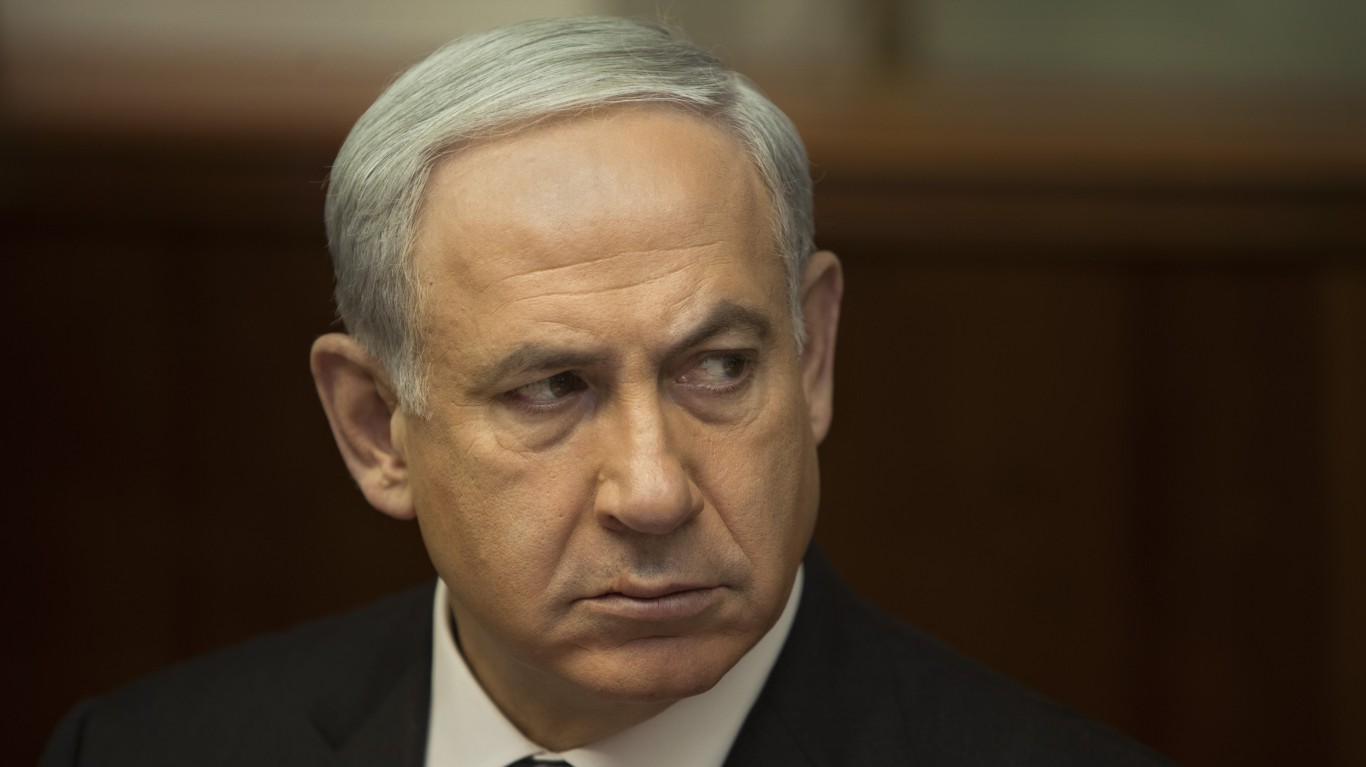
There is another part of the equation that shouldn’t be overlooked: the personal relationship between Donald Trump and Benjamin Netanyahu. The Israeli leader has a long track record of rubbing American presidents up the wrong way. In 1996, an exasperated Bill Clinton once said after meeting Netanyahu, “Who’s the f*cking superpower here?” Barack Obama couldn’t stand him, and even Joe Biden, who once described Netanyahu as a friend, ran out of patience with him in the Oval Office.
Trump and Netanyahu have a complex relationship. While president, they spoke of their good relationship in public while butting heads behind the scenes. Trump raged against him after he congratulated Biden on his victory in the 2020 election. The spat lasted until July 2024, when the two met for the first time in three years. Trump’s desire for a quick end to the war may see old tensions resurface.
An Uncertain Future

Support for Israel has strong bipartisan backing, but there are clouds on the horizon. Congress skews much older and more conservative than the general population. Younger Americans are far more skeptical of continuing to back Israel than older generations. This is true even among evangelical Christians. Older evangelicals, like Huckabee, back Israel to the hilt but younger members of the community are less certain. A majority of evangelicals under 30 no longer wholly support Israel.
It may be some years before these key demographic shifts are felt in the halls of Congress, and, of course, opinions can change. However, it should no longer be assumed that the United States will unconditionally support Israel in the future. There may be an element of ‘now or never’ in the next four years as the opportunity to shape Israel’s future in favorable terms may not last.
Conclusion
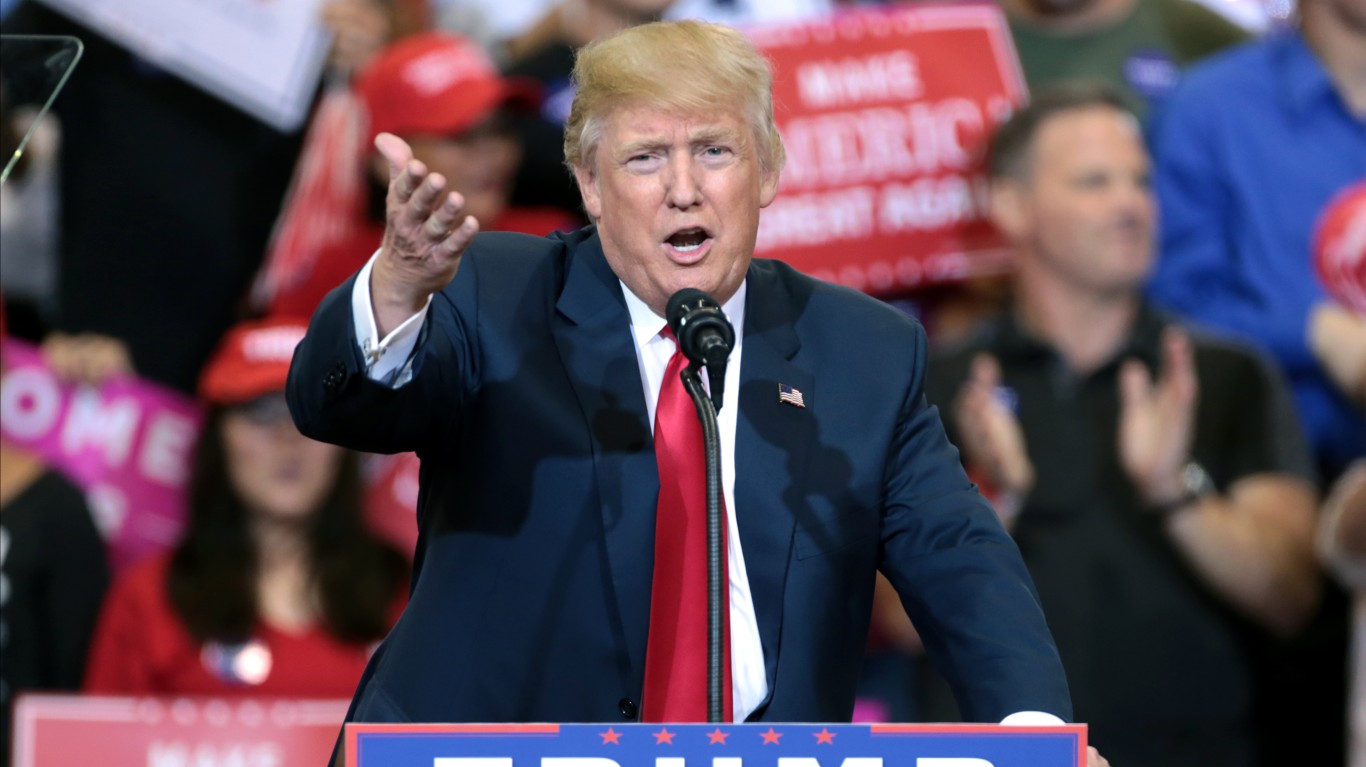
Donald Trump is hardly the first American president with strong pro-Israel sentiments, and he is unlikely to be the last. His past record and cabinet choices indicate a hawkish approach to handling the tumult of the Middle East. A heavy-handed approach will play well politically with his base but may not achieve the lasting peace he apparently seeks. Neither Trump nor Netanyahu have offered a definitive plan for Gaza’s future.
Trump’s old peace plan is unlikely to resurface in his second term. A two-state solution doesn’t appear to be on the table this time around. However, securing lasting peace in the region will likely require normalizing relations between Israel and Saudi Arabia. Annexation will not only sow the seeds of future conflicts, but it will also likely preclude any agreements between Riyadh and Tel Aviv. Finally, the personal relationship between Trump and Netanyahu is built on fragile foundations and could easily crumble. Trump’s America-first approach does not mean Israel will get a blank check.
Get Ready To Retire (Sponsored)
Start by taking a quick retirement quiz from SmartAsset that will match you with up to 3 financial advisors that serve your area and beyond in 5 minutes, or less.
Each advisor has been vetted by SmartAsset and is held to a fiduciary standard to act in your best interests.
Here’s how it works:
1. Answer SmartAsset advisor match quiz
2. Review your pre-screened matches at your leisure. Check out the advisors’ profiles.
3. Speak with advisors at no cost to you. Have an introductory call on the phone or introduction in person and choose whom to work with in the future
Thank you for reading! Have some feedback for us?
Contact the 24/7 Wall St. editorial team.

